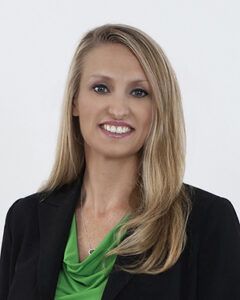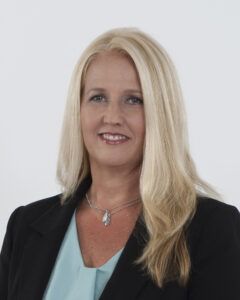By Heather Williams, CPA/CFP and Patricia Entsminger, CPA/CFE/CIA
As the year winds down and the rush of tax season is still several months away, now is the perfect time to schedule a strategy session with your CPA, and financial team, to discuss tax planning to help minimize the financial impact for you, your family and your business. One strategy you may want to discuss for 2022 is converting your traditional IRA to a Roth IRA. The Roth conversion is particularly timely, right now, while the market is down, allowing you to maximize your investment.
What is a Roth IRA conversion?
A Roth conversion is more strategy than a specific type of retirement account. It is geared for anyone wishing to convert a traditional IRA into a Roth IRA, to allow for future growth, income tax-free and tax-free distributions. When traditional IRA assets are transferred to a Roth IRA, taxes are owed during the conversion year on any funds (including principal, earnings and appreciation) that have not been previously taxed. Converted funds have a five-year waiting period before you can withdraw tax-free, so the power of the Roth is the time value of money and how long you are able to let it grow and earn income before you or your beneficiary take distributions in the future.
Why is the time right for a Roth conversion now?
There are several reasons why many high-net-worth individuals, and families, consider Roth conversions, as they begin year-end tax planning. Perhaps most significant today is the current state of the stock market and the potential for future market rebounds. If you do a Roth conversion today, while the market is low, the tax implications are much less painful than when the market rebounds. Consequently, with the market down this year, your income for 2022 may be lower overall, creating less of a tax burden when the Roth conversion triggers taxable income.
Another consideration for moving forward with a Roth conversion now is based on the political climate. Each year, proposed tax laws are presented that include modifying the Roth conversion, or the Roth IRA itself. Thus far, these proposals have not made their way to becoming law and the latest bill in Washington for 2022 does not include any provisions that would affect retirement savings for individual taxpayers.
Who benefits from a Roth conversion?
There are many scenarios when it is beneficial for individuals to elect to do a Roth conversion. If you have seen a drop in ordinary income this year, it may make sense to perform the conversion this year, when your tax impact will be lower. If you have retired before age 72 and you only have investment income, and not a significant amount of ordinary income, this may be the perfect time to consider a Roth conversion.
Roth conversions are also a great strategy for long-term and estate planning. If you are looking ahead to pass these funds to your beneficiaries, who may be at their highest earning potential at that time, the Roth conversion would allow them to receive tax-free Roth distributions in the future.
Planning and expert advice are key to a successful Roth conversion.
Connecting with your tax and financial team early is key to making the right decisions when it comes to a Roth conversion. By having a team approach with multi-disciplined partners who can look at the business, individual and estate and planning aspects of your financial portfolio, you will have a well-rounded perspective on the benefits of a Roth conversion and other planning strategies. Meeting with your CPA, and financial team, quarterly and keeping them apprised of major financial changes in your portfolio can help keep you informed on any potential tax law changes and help ensure your family’s financial future is protected.
ABOUT THE AUTHORS
Shareholders Heather Williams, CPA/CFP and Patricia Entsminger, CPA/CFE/CIA of Kerkering Barberio offer a diverse set of tax and accounting services to individuals, businesses, nonprofits and family trusts. Their Estate and Trust and Outsourced Accounting teams work together with clients to identify cost-saving strategies at tax time and future financial opportunities to preserve wealth. Ms. Williams joined the KB team in 2010 and was admitted as a shareholder in 2016. Ms. Entsminger joined Kerkering Barberio in 1999 and was admitted as a shareholder in 2006.


